
Sri Lanka Government Gazette December 19 Sinhala English Tamil
Government Gazette December 19 Download Government Gazette 2025 December 19 …
Government Job Vacancies, Courses, Exam Results, Past Papers

Government Gazette December 19 Download Government Gazette 2025 December 19 …
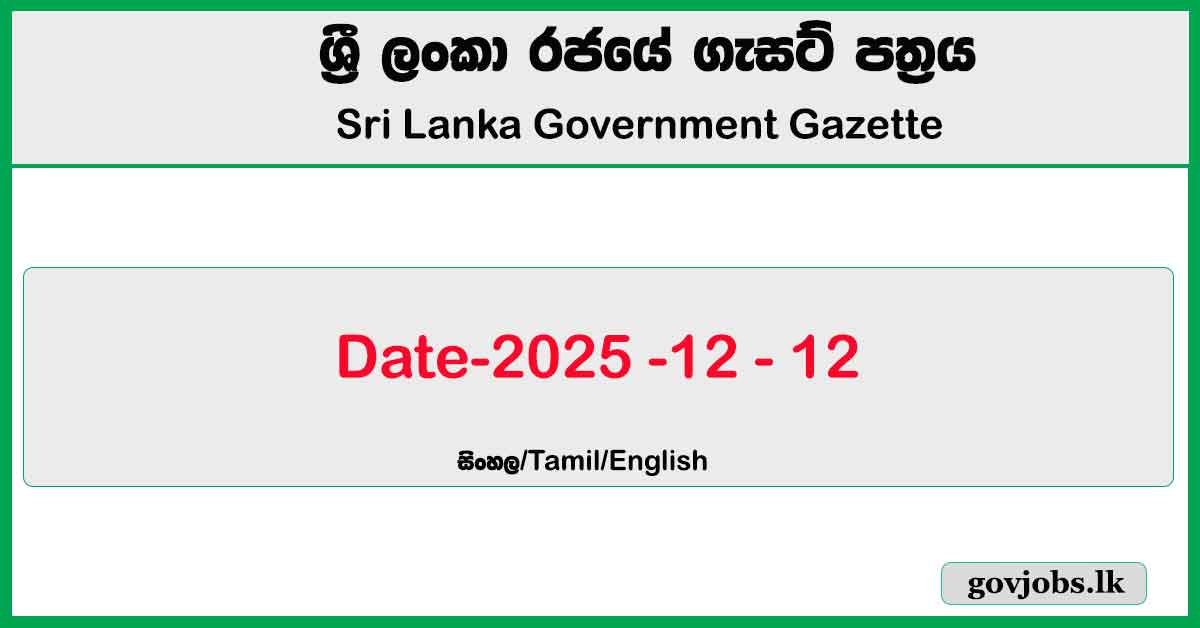
Government Gazette December 12 Download Government Gazette 2025 December 12 …
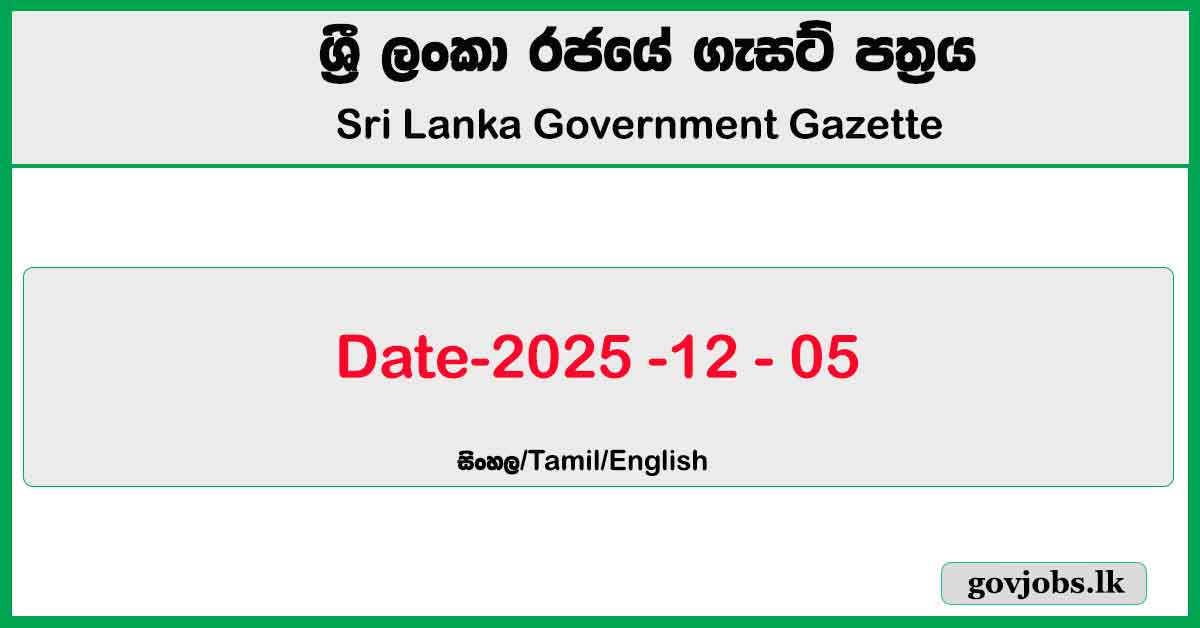
Government Gazette December 05 Download Government Gazette 2025 December 05 …
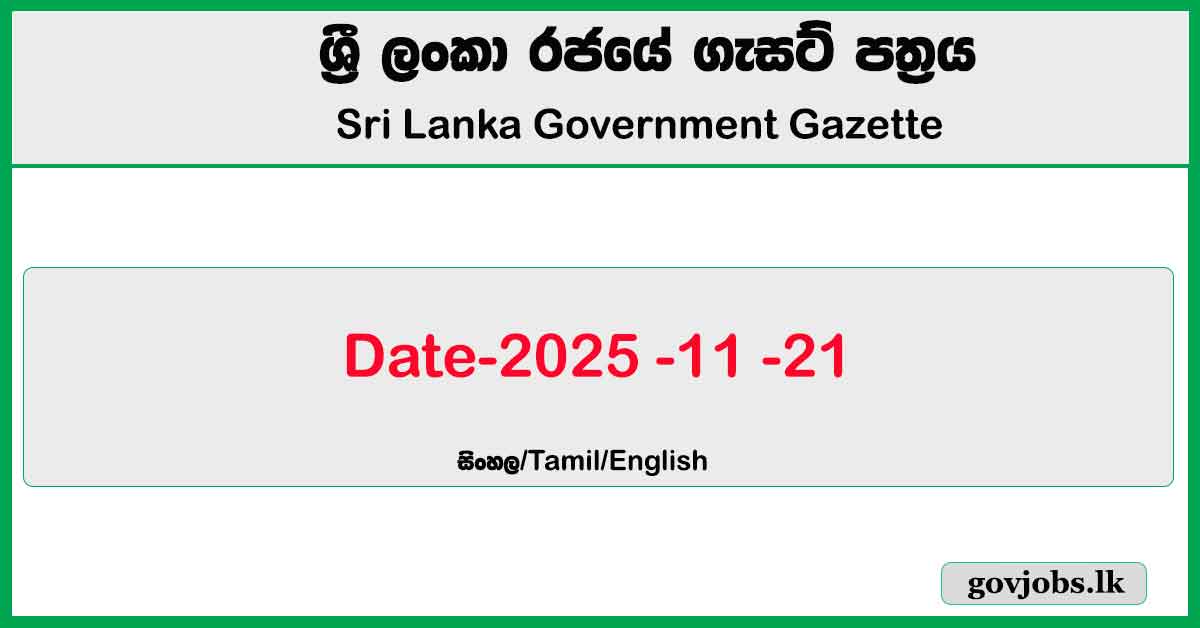
Government Gazette 2025 November 21 Download Government Gazette 2025 November …
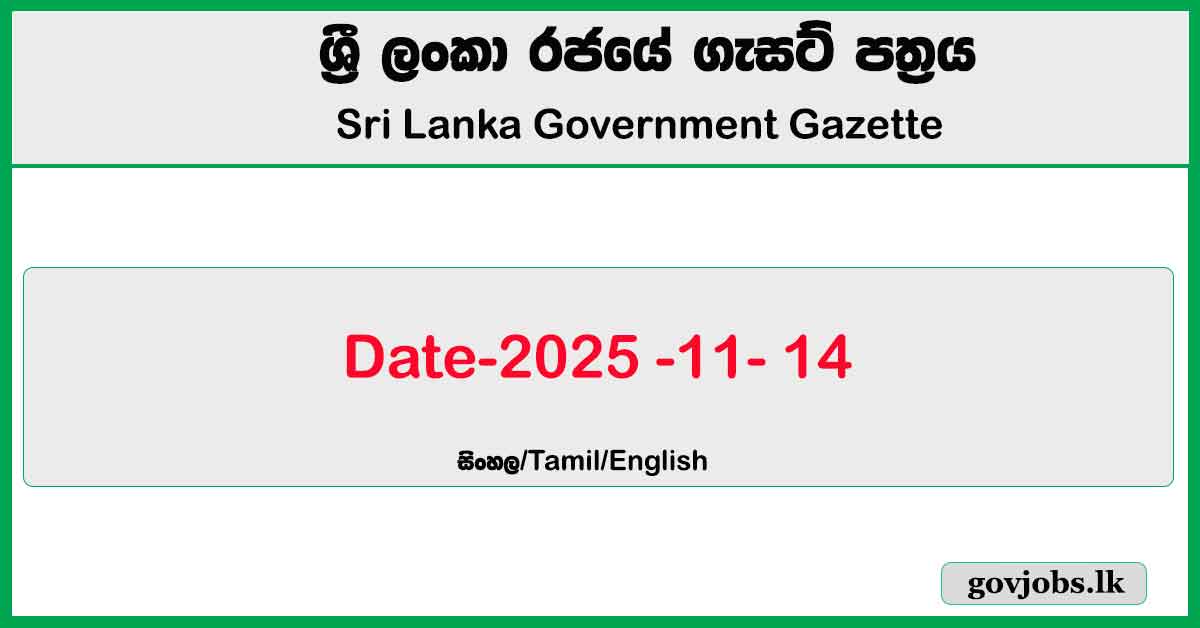
Government Gazette 2025 November 14 Download Government Gazette 2025 October …
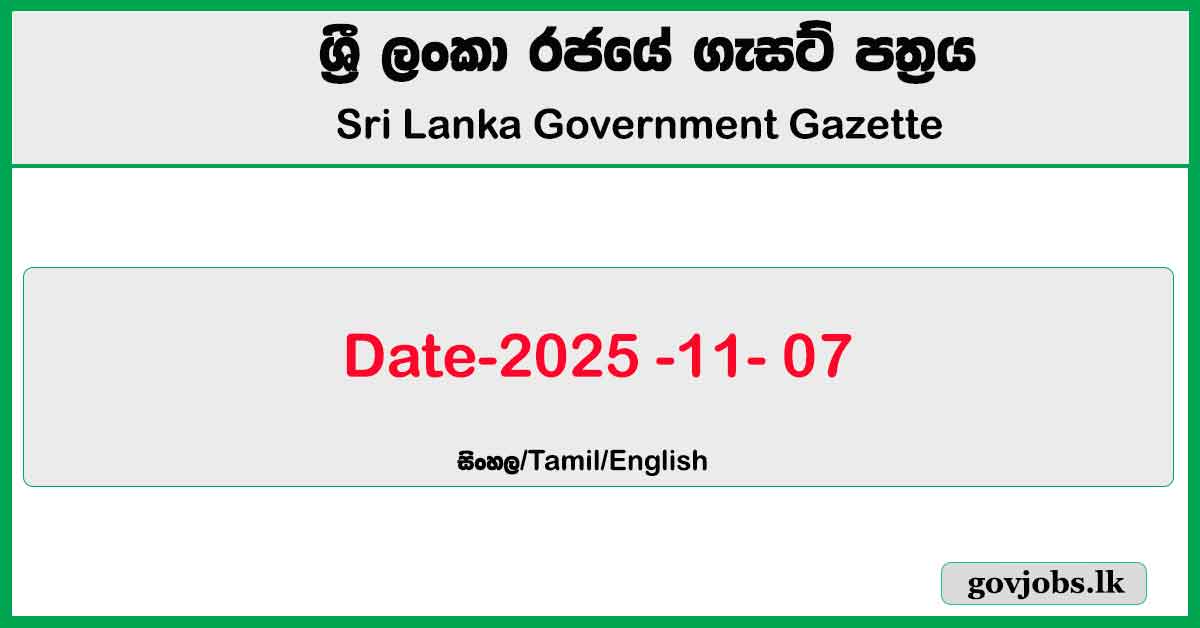
Government Gazette 2025 November 07 Download Government Gazette 2025 October …
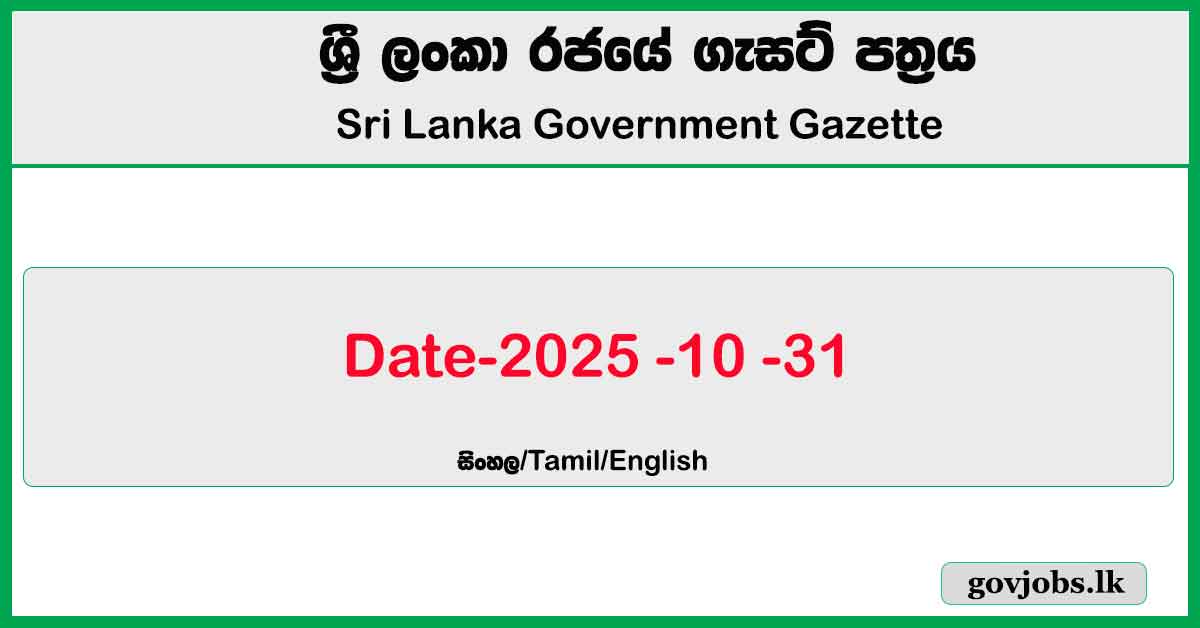
Government Gazette 2025 October 31 Download Government Gazette 2025 October …

Government Gazette 2025 October 24 Download Government Gazette 2025 October …
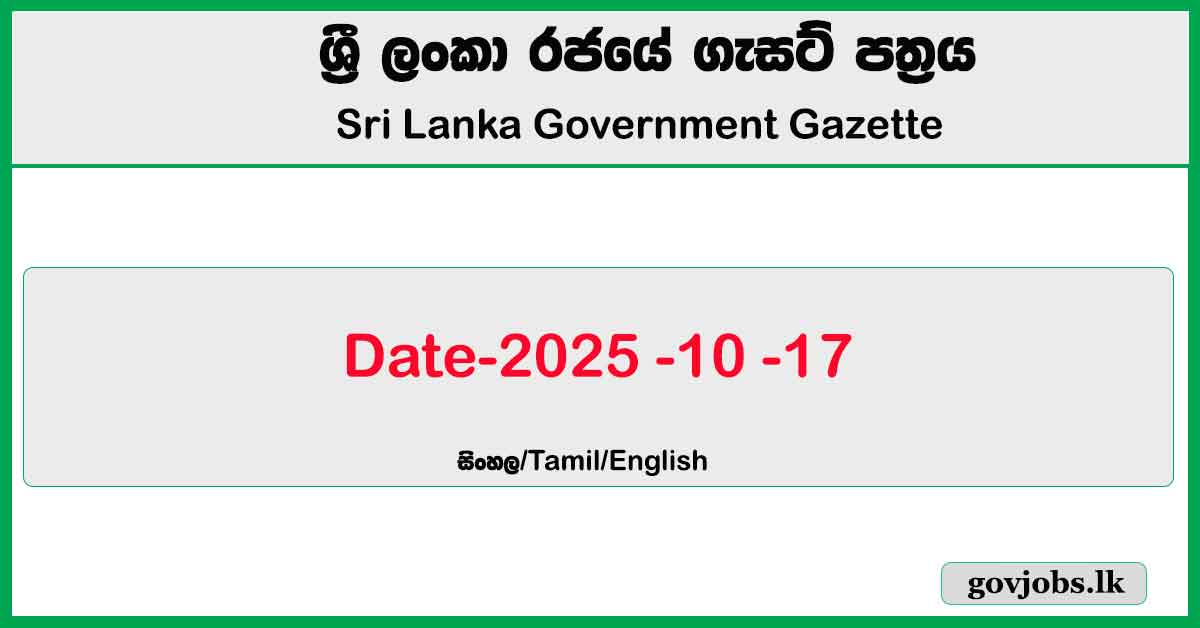
Government Gazette 2025 October 17 Download Government Gazette 2025 October …
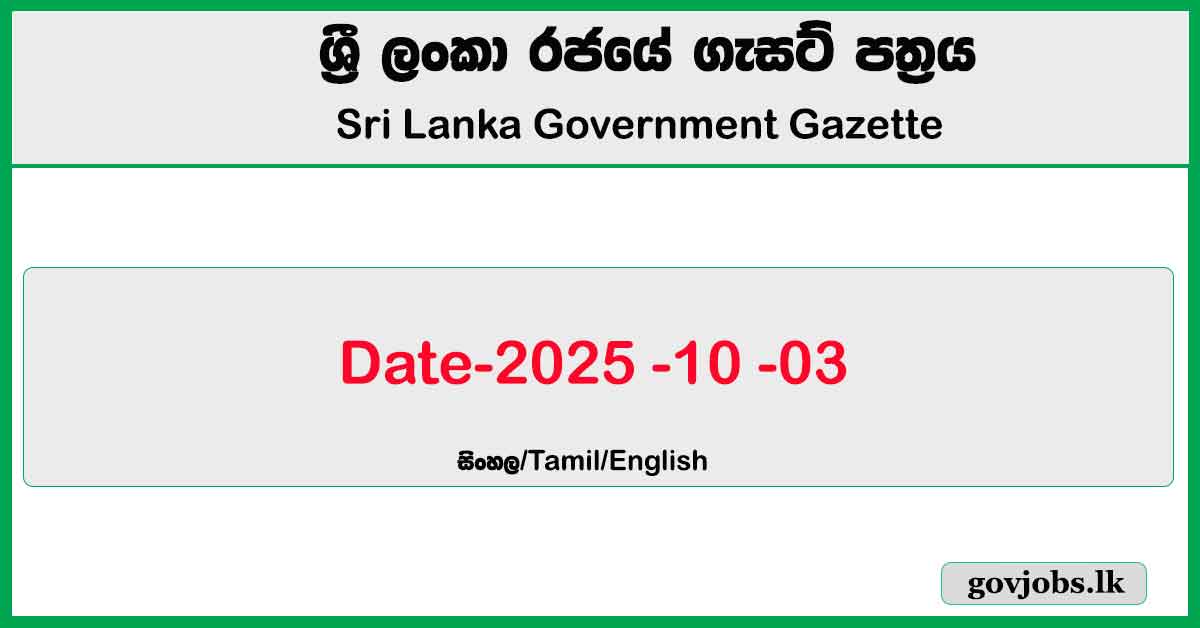
Government Gazette 2025 October 03 Download Government Gazette 2025 October …